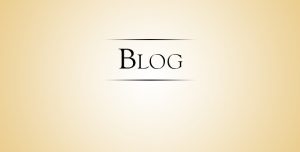So Now You’re a Writer

You’ve read Bukowski’s “So You Want to be a Writer?” and in spite of it all, though your stillness is in fact a kind of madness, it nonetheless “doesn’t come bursting out of you.” Not the way it comes bursting out of Bukowski.
“How to Become a Writer Or, Have You Earned This Cliche?” by Lorrie Moore says it in a voice a lot like the way you wish your voice could be, a voice you want so badly to steal. You like how she talks about failure. Failure is more your speed.
Still, you have no clue how to be a great writer. But you do finally know how to be a writer, and it has nothing to do with saying you’re a writer, planning to write, dreaming about one day being a writer, outlining projects, telling your bartender the plot of a project you’ve outlined, hanging out in coffee shops and bookstores, reading poems and essays about the fact that you want to be a writer, or getting a subscription to The New York Times so you can read poems and essays about the fact that you want to be a writer.
Of course you’ve always been eager to learn the craft, embrace your art and celebrate literature. But you’ve found these tactics impotent without the single vestige that, despite your many failings, has allowed you to meekly proclaim yourself a writer:
Writing.
 The pursuit of knowledge seemed inherently futile, if not altogether vain. If today we feel a sense of impermanence because things are changing so rapidly, impermanence was a far more literal for the generations before us. There was “nothing new under the sun,” as the beautiful Bible verses in Ecclesiastes put it — not so much because everything had been discovered but because everything would be forgotten.
The pursuit of knowledge seemed inherently futile, if not altogether vain. If today we feel a sense of impermanence because things are changing so rapidly, impermanence was a far more literal for the generations before us. There was “nothing new under the sun,” as the beautiful Bible verses in Ecclesiastes put it — not so much because everything had been discovered but because everything would be forgotten.